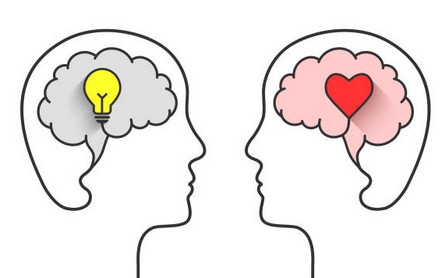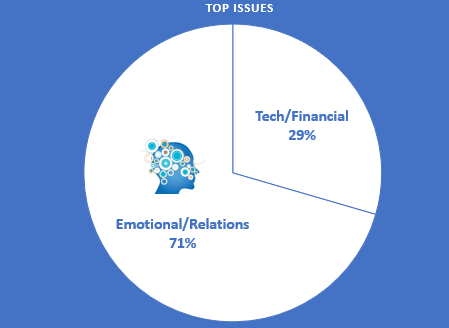
Emotional Intelligence is an essential competence for work and life performance. Neuroscience shows how our emotions influence the way we think and behave, which makes understanding our emotions critical. EQ is the science of understanding emotions and how they influence our ability to deal with stress, communicate effectively, build relationships, and achieve our goals. Self-awareness and self-management play strong roles in the process and help us to live a balanced, productive and fulfilling life.
EQ is a skill that can be learned. This learning path can also provide you with tools through workshops, psychometric profiling, team-building sessions, and one-on-one coaching.
EQ has twice the power of IQ to predict performance. EQ is also a better predictor than employee skill, knowledge, or expertise. The measurable, learnable skills of emotional intelligence make a significant impact on organizational performance. EQ may be essential to differentiate world-class organizations in an increasingly complex and competitive marketplace. Since the publication of initial researches in 1990, innovative organizations have begun testing how to integrate EQ into training and hiring to gain competitive advantage. It is more and more clear these skills are the foundation of high-performing organizations.
In a study conducted by Six Seconds, when asked “What are the top issues you face at work?” leaders said 71% are about people/relationships, and only 29% are financial/technical issues. Another study surveyed 775 managers and senior managers, and 89% of the population identified EQ as “highly important” or “essential” to meet their organizations’ top challenges. Look at this business case by Six Seconds for more details.
